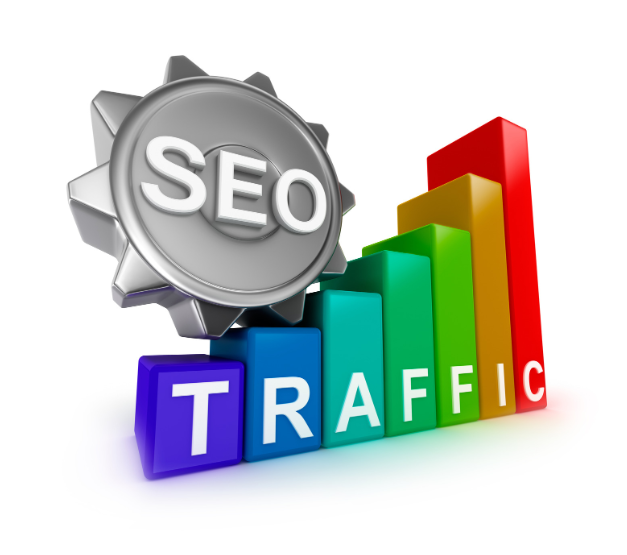In the vast landscape of digital marketing, Google Search Ads stand out as a powerful tool for reaching potential customers at the moment they’re actively searching for products or services. However, simply running ads isn’t enough to guarantee success. To truly maximize return on investment (ROI), it’s essential to employ advanced strategies that optimize every aspect of your Google Search Ads campaigns.
Understanding Google Search Ads
Google Search Ads, also known as pay-per-click (PPC) ads, are text-based advertisements that appear above or below organic search results when users enter relevant queries into Google’s search engine. These ads operate on a bidding system, where advertisers bid on keywords relevant to their business to have their ads displayed to users searching for those terms. The key to success lies in optimizing these ads to ensure they’re reaching the right audience and driving meaningful actions.
Keyword Research and Selection
One of the foundational pillars of effective Google Search Ads campaigns is thorough keyword research. By identifying the most relevant and high-performing keywords for your business, you can increase the likelihood of your ads being shown to users who are actively seeking what you offer. There are various tools and techniques available to aid in keyword research, including Google’s Keyword Planner, SEMrush, and Ahrefs. Additionally, understanding different keyword match types—broad match, phrase match, exact match, and broad match modifier—allows you to refine your targeting and maximize the impact of your ads.
Advanced Ad Copy Techniques
Crafting compelling ad copy is essential for capturing the attention of potential customers and enticing them to click on your ads. A/B testing different ad variations allows you to identify which messaging resonates most effectively with your audience. Moreover, leveraging ad extensions, such as sitelinks, callouts, and structured snippets, can enhance your ad’s visibility and provide additional context to users.
Bid Management Strategies
Effective bid management is crucial for achieving optimal ad placement and controlling costs. Understanding different bidding strategies, such as manual bidding, automated bidding, and enhanced CPC (cost-per-click), empowers you to make informed decisions based on your campaign objectives and budget constraints. Regularly monitoring and adjusting bids based on performance data and competitive landscape ensures that you’re maximizing the value of every click.
Ad Quality and Landing Page Optimization
Google rewards ads that are highly relevant to users’ search queries and provide a positive experience. This is reflected in ad quality score, a metric that measures the relevance and performance of your ads. By optimizing your ad copy and ensuring alignment between ad messaging and landing page content, you can improve ad quality scores and drive higher conversion rates. Additionally, optimizing landing pages for speed, mobile-friendliness, and clear calls-to-action enhances the user experience and maximizes the likelihood of conversions.
Tracking and Analytics
To effectively measure the success of your Google Search Ads campaigns and make data-driven decisions, it’s essential to implement robust tracking and analytics. Setting up conversion tracking allows you to attribute conversions back to specific ads and keywords, providing valuable insights into campaign performance. Key metrics to monitor include click-through rate (CTR), conversion rate, cost per conversion, and return on ad spend (ROAS). Analyzing this data enables you to identify areas for improvement and refine your strategies over time.
Advanced Targeting Options
Google Ads offers advanced targeting options that allow you to reach specific audience segments with tailored messaging. By leveraging demographic targeting, audience lists, and remarketing, you can refine your targeting parameters and deliver more relevant ads to the right people at the right time. This not only increases the likelihood of conversion but also improves overall campaign efficiency by reducing wasted ad spend on irrelevant audiences.
Budget Optimization Techniques
Effectively managing your ad budget is crucial for maximizing ROI and achieving your campaign objectives. Implementing budget optimization techniques, such as allocating budget based on performance, scaling successful campaigns, and experimenting with bid adjustments, allows you to make the most of your advertising dollars. By continuously monitoring and optimizing your budget allocation, you can ensure that you’re investing resources where they’ll have the greatest impact.
Takeaway
Maximizing ROI with Google Search Ads requires a combination of strategic planning, meticulous execution, and ongoing optimization. By implementing advanced strategies such as thorough keyword research, compelling ad copywriting, and effective bid management, you can unlock the full potential of your advertising efforts and achieve tangible results. Remember to leverage tracking and analytics to measure performance, identify areas for improvement, and refine your strategies over time. With dedication and a data-driven approach, you can propel your Google Search Ads campaigns to new heights and achieve unparalleled success in the competitive digital landscape.
So, there you have it – the winning combination of Google Search Ads and Web Boost Online. Embrace success with confidence, knowing you’ve chosen the best in the business for your online journey.











